Knowledge
Hub
Welcome to our Knowledge Hub.
Welcome to the 2DS Knowledge Hub
The 2DS Knowledge Hub is your premier destination for cutting-edge, value-added training. Whether you’re interested in masterclasses, personalized microlearning modules, or interactive workshops, our dynamic, user-driven platform caters to diverse learning styles and professional needs.
Harnessing a unique blend of advanced technology and intelligent design, our Knowledge Hub not only provides professionals with the latest insights but also empowers them to contribute to our open-market content ecosystem. This collaborative environment fosters continuous growth and innovation, ensuring you stay ahead in your field.

Why Choose the 2DS Knowledge Hub?
- Comprehensive Courses: From in-depth masterclasses to specialized workshops, we offer a wide range of educational opportunities tailored to your goals.
- Personalized Learning: Our microlearning modules are designed to fit your schedule, allowing you to learn smarter and faster.
- Cost-Effective Solutions: Access high-quality training without breaking the bank, making professional development accessible to all.
- Future-Ready Training: We’re expanding our offerings to include microbite training, further empowering students, educators, and leaders through our platform.
- Expert Insights: Stay informed with our regularly updated articles and posts, offering valuable perspectives, industry trends, and thought leadership to enhance your knowledge base.
Join us at the 2DS Knowledge Hub and experience the future of 2DS services. Empower yourself with the knowledge and skills needed to excel in today’s ever-evolving landscape.
Empower Yourself with 2Dyles Knowledge Hub - Start Today

Smart Learning for a Smarter Future
Transform Your Skills with AI-Enhanced Education
Embrace the future with confidence. Our Knowledge Hub leverages AI to deliver customized training that keeps you up-to-date with industry trends and equips you to excel in the AI revolution.

Challenges in Implementing EU Regulation 910/2014:
A Comparative Analysis with 21 CFR Part 11 and Japanese ERES

